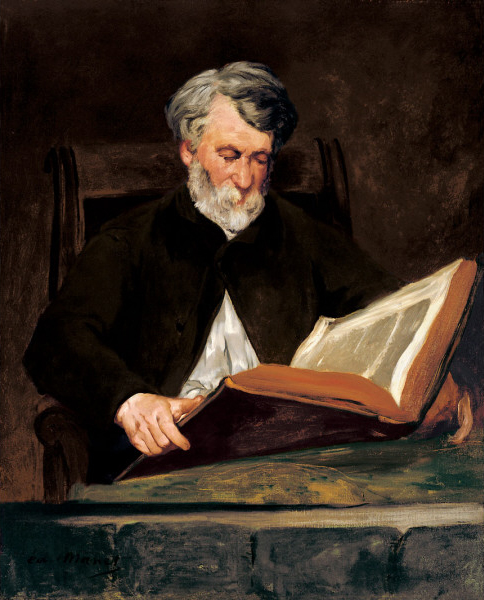The Centre for Law and Public Affairs (CeLAPA) and the Faculty of Law of Charles University in Prague are organising a seminar at the premises of the European Court of Human Rights in Strasbourg on Thursday 15 February. The seminar is entitled 'European Human Rights Culture - What Role for the Margin of Appreciation' and will take place in the afternoon. For more information and registration, see here. This is the description by the organisers:
'This seminar asks a simple question – what is the role of the Margin of Appreciation doctrine in contemporary Europe? By linking the interpretation of the doctrine to a broader conception of human rights, understood as complex political and moral norms, leading experts in the field will explore to what extent the tension between human rights and politics, embodied in the doctrine, might be understood as a mutually reinforcing interplay of variables rather than an entrenched separation.
The themes and ideas discussed by the speakers are inspired by a recent collective book Human Rights Between Law and Politics, The Margin of Appreciation in Post-National Contexts (Hart), edited by Petr Agha.
Speakers:
* Jiri Priban (Cardiff) On Legal Doctrines and Reasoning;
* Petr Agha (Prague) The ECHR as a Living Instrument: Its Meaning and Its Legitimacy – the Political Reading of Human Rights;
* Paul Lemmens (ECtHR) The Margin of Appreciation within the Overall Framework of the European Court’s Review of Domestic Actions and Omissions;
* Andreas Føllesdal (Oslo) Improving the European Consensus Doctrine: A Better Signpost, Not a Better Walking Stick;
* Eva Brems (Ghent) Positive Subsidiarity and its Implications for the Margin of Appreciation Doctrine.
The seminar will provide judges, European and national civil servants and other legal practitioners dealing with the case law developed by the European Court of Human Rights with the latest findings conducted by some of the most prominent scholars in Europe.
How to book? Registration is free for this event but booking is essential due to limited numbers. Please note that external participants should register for this event by 5th February 2018.
Contact: For more information please contact petr.agha at centrum.cz'




